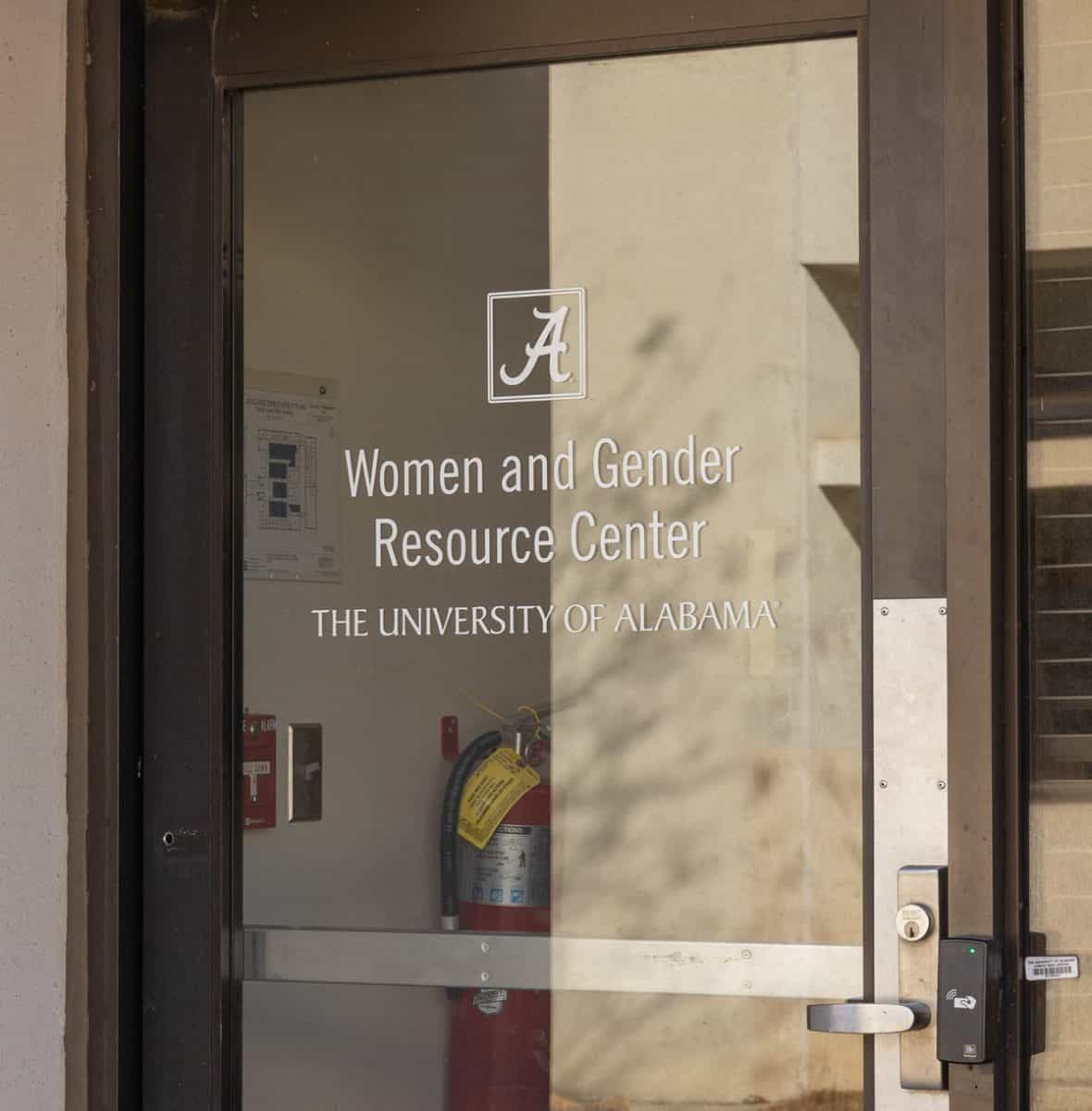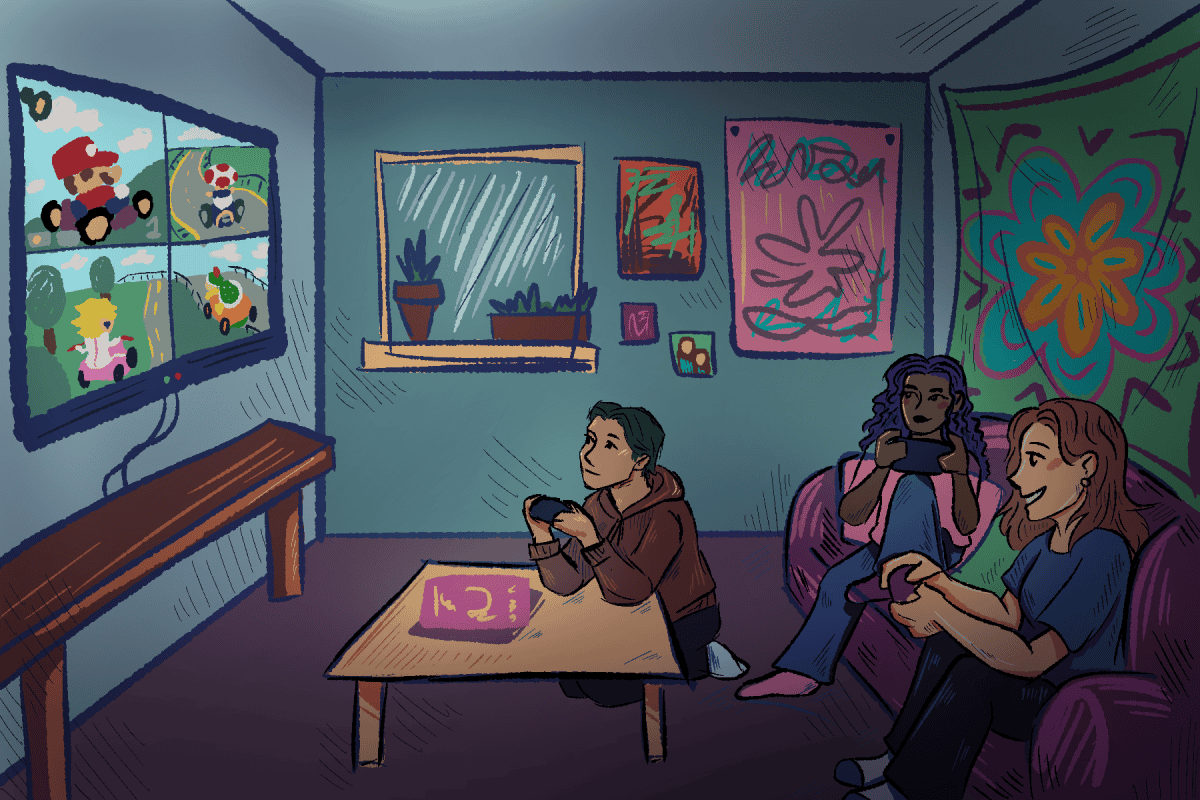While in college, many students find themselves entering new relationships. Whether that be with friends, romantic partners or new family members, learning how to navigate and self-reflect is key in improving relationships.
Learning about what constitutes consent and how to build boundaries, knowing the signs of abuse in your relationship and the relationships around you, and understanding what resources are available can help students get a better grasp of what they should know about healthy relationships.
Consent and boundaries
As new college relationships are formed, setting boundaries can help students mentally and emotionally protect themselves. While boundaries might not be necessary for every college student, students should be equipped with the tools to have these conversations and should know how to handle the challenges that might come from them.
Personal boundaries are the emotional limits one is comfortable with and as one develops as a person, so will one’s boundaries. Consent is permission or agreement to do something and is important when establishing trust between all parties involved.
Tiffany Marcantonio is an assistant professor in the Department of Health Science and runs a research lab, called the Consent, Alcohol and Sexual Assault Lab, that focuses on preventing sexual violence.
Marcantonio said that in society we talk about establishing boundaries a lot, but not about how to respect the boundaries of others.
“My big thing these days is about being able to listen better and really hear, teaching people about respecting what others want and that it’s okay to be told no and that’s not something to challenge or overcome,” Marcantonio said.
Shannon Welch, the assistant director of clinical services at the Women and Gender Resource Center, said that boundaries come from checking in with yourself and learning what feels right and what does not. Your response comes from a place of authenticity. Welch also said that while guilt may be a part of vocalizing personal boundaries, it does not mean you are wrong but rather that you need to get in the habit of honoring your voice.
“One thing I tell people is trust their gut and their intuitions and learn to be in tune with that if something feels off,” Welch said.
Welch mentioned looking into how people respond when you set a boundary is important and can tell you a lot about who they are.
“‘No’ is communicated in so many ways. ‘No’ is not responding, ‘no’ is pushing, ‘no’ is silence,” Marcantonio said.
Consent goes beyond sexual activity and is a part of our day-to-day lives.
According to an article from Mindbodygreen, setting healthy boundaries with family members can also help reduce anxiety and resentment, strengthen conflict management skills, and build better self-esteem.
“Healthy boundaries with parents involve mutual acknowledgment that you are an adult with your own thoughts, opinions, beliefs, experiences, and needs,” therapist Alyssa Mancao writes in the article. “It means owning your needs and being able to say no when you want to say no and yes when you want to say yes.”
Welch said the WGRC works with students throughout the year, especially before breaks, on navigating family boundaries and setting up a safety plan students can implement when they go back home.
Consent between family members can include asking permission before hugging one another and respecting the answer that is given. In long-term or new romantic relationships, consent is important to protect the safety of everyone involved. As a relationship develops, consent can change as you learn more about your partner.
Signs and types of abuse
Abuse can come in many different forms including both physical and mental abuse. It is important for students to recognize the signs of abuse in order to stay safe.
In a study Marcantonio conducted, young people who had engaged in alcohol-involved consensual sex were asked what advice they had about navigating those experiences. This advice includes advocating for verbal communication instead of relying on nonverbal cues and being clear with your intentions.
According to Psychology Today, there are 10 warning signs that people can recognize from an abuser, including jealousy, attempt to control, attempt to isolate, violating privacy, treating you with disrespect, blaming you for bad behavior, threatening you, destroying personal possessions, inability to show compassion and excluding what is important to you.
Unusual behavior, excessive nervousness, being agitated and being withdrawn are all signs that you or someone you know is being abused.
Marcantonio said that there are four ways to abuse someone: enticement, coercion, physical force and alcohol- or substance-facilitated sex.
“[On] college campuses, the two most common are coercion actually, so that’s nagging and pressuring, and then the substance-facilitated one. I would say while certainly physical force happens, it’s just to a lesser degree on a college campus,” Marcantonio said.
Resources
Resources for students dealing with unhealthy relationships extend beyond the campus, including Tuscaloosa Safe Center and Tuscaloosa Police Department.
Welch said that it can be difficult and dangerous when leaving an unhealthy relationship, but taking the first step in reaching out is important. She also said that having a safety plan can be useful in case you or someone you know is in a dangerous situation. Having a plan in place beforehand can be beneficial in helping with any uncertainty or nervousness that a victim might have.
“It’s really tough when you’re being mistreated, it’s really tough to talk about being mistreated, and on the outside, you can see it so clearly, but when you’re in there, it can be really hard,” Marcantonio said.
Marcantonio also said that it is important to not get angry when someone discloses being abused but to have empathy instead.
At the University, the Title IX office is where students can go if they want to report gender-based discrimination, harassment, sexual assault or sexual violence. It is important for students to know that all UA staff and faculty are mandated reporters, including RAs, community directors in housing and residential communities, non-student employees in a senior management role, and graduate teaching or research assistants.
There are student organizations that aim to provide a safe environment for not only students who have experienced sexual violence but also students who want to help improve UA’s campus.
If you or someone you know has experienced sexual violence or assault, please reach out to a local rape crisis center or call 205-348-5454 and ask to speak to the WGRC advocate. Please know that there are resources available to you.







